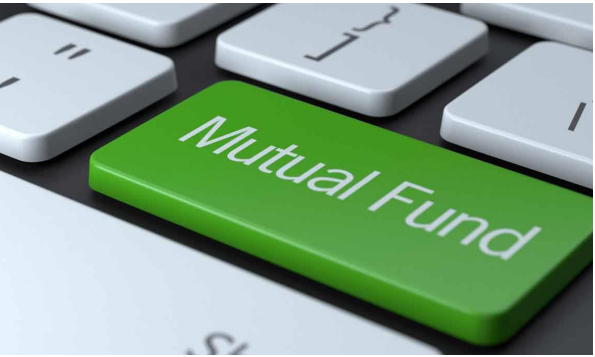What factors should be considered during an ELSS fund analysis?

Equity Linked Savings Schemes or ELSS funds are one of the most popular tax-saving mutual fund options available under Section 80C of the Income Tax Act. They provide taxpayers an opportunity to save taxes up to Rs. 1.5 lakh annually by investing in these funds. However, with over 150 ELSS funds available today, it can be quite overwhelming to choose the right fund. As an investor, analyzing and comparing various factors of different ELSS funds is important before making your investment decision.Here are some of the key factors you should evaluate when analyzing ELSS funds.
Returns
Checking past returns of the fund over different time periods like 1 year, 3 years, 5 years and since inception is important. Look for funds that have consistently delivered above-category average returns. You can compare returns of the fund with other ELSS funds as well as its benchmark index when you buy ELSS online. Funds that have outperformed peers and indices over long periods should be preferred.
Risk profile
Along with returns, understanding the risk profile and volatility of the fund is also necessary when you invest in ELSS. ELSS funds invest in diversified portfolios of stocks and have inherent equity market risks. Check standard deviation of the fund to understand return fluctuations. Funds with lower standard deviation than peers for same return indicate better downside protection.
Expense ratio
This is the percentage of assets deducted by the fund house towards management and operating expenses. Opt for funds with low expense ratios of 1-1.5% as high costs eat into long term returns. Compare expense ratios of different funds to identify most cost-efficient options.
Fund manager credentials
Stability and experience of the fund management team is important for an equity fund. Check how long the current fund manager has been managing the scheme and past success in managing similar funds.Funds with experienced managers tending to deliver steadier long-term performance should be preferred.
Portfolio concentration
Analyze portfolio diversification and concentration across different sectors and companies. Well diversified portfolios mitigating company or sector-specific risks are ideal for ELSS funds. Check for excessive concentration, say more than 10% in single stock or sector.
Asset Allocation
ELSS funds need to invest at least 80% of their assets in equities. Check current equity allocation and flexibility to move between large, mid and small-cap stocks depending on market conditions. Opt for dynamic funds proactively allocating between market caps.
Exit load
ELSS comes with a lock-in of 3 years to avail tax benefit. However, some funds charge exit loads even after 3 years if investments are redeemed before 5 or 7 years. Consider funds without extended exit loads for easier access to investments.
Peer comparison
Compare performance of shortlisted funds with other top performing ELSS peers over different periods. Look at factors like returns delivered, consistency, risk taken and portfolio attributes to identify the best performing fund in the category.
Financial health
Check financial strength and credibility of the fund house. Opt for stable and reputed AMCs with strong parentage and robust risk management processes to give confidence about honoring future commitments.
Flexibility
Some ELSS schemes allow you to switch between growth and dividend options without exiting the fund. Prefer such flexible options for better portfolio management post lock-in.
This comprehensive evaluation of key factors should help identify the most suitable ELSS fund matching your risk profile and investment goals. Regular review is also important as fund performance varies over time based on market conditions. ELSS remains one of the most tax efficient ways to build long term wealth through equity investments








